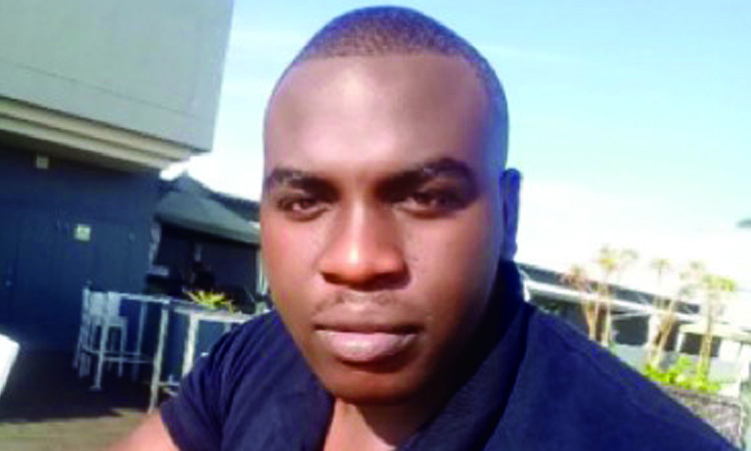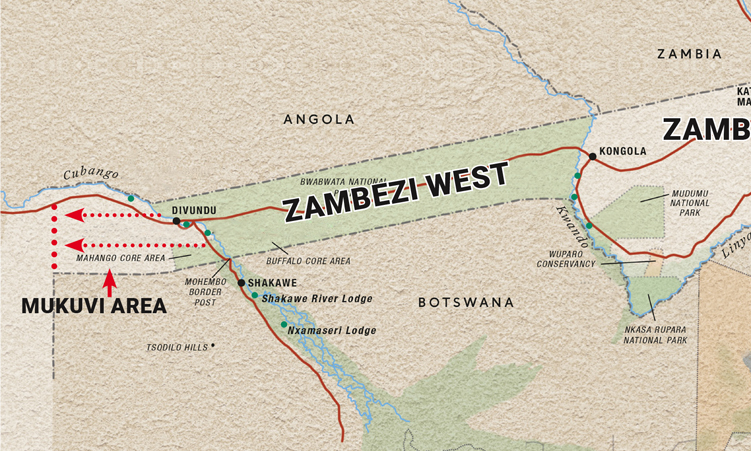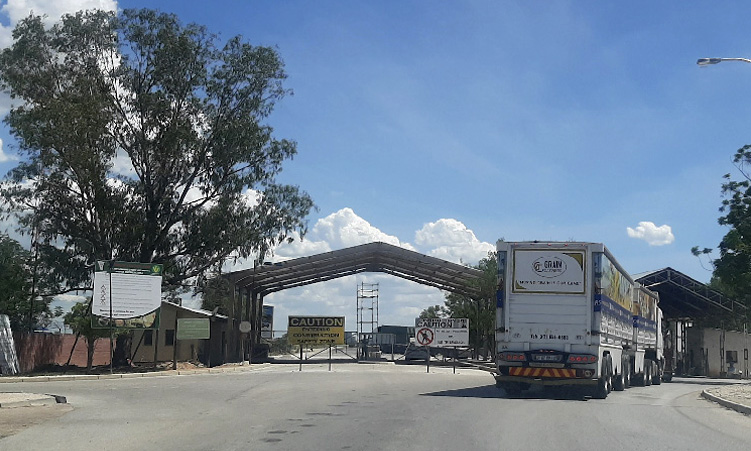Suicide is a global public health issue with devastating consequences, affecting individuals, families and communities.
In Namibia, it has taken on a particularly alarming dimension – a significant increase in the number of suicides among men.
Namibia’s suicide rate is cause for concern, not only within the nation but also on the international stage.
The United Nations reports that Namibia is among the countries in Africa with the highest suicide rates, a distressing reality that merits urgent attention.
Between April 2020 and March 2023, a staggering 1 542 Namibians took their own lives, painting a grim picture of the mental health crisis in our country.
The statistics indicate that, on average, Namibia records more than one suicide a day, with the vast majority – about 82% – being men (Karuuombe, 2023).
KEY FACTORS
What contributes to the high suicide rate in Namibia, especially among men, and what can be done to address the issue?
– Socioeconomic Factors: One of the critical factors contributing to suicide among Namibian men is the challenging socioeconomic conditions that prevail in the country.
High levels of unemployment, poverty and income inequality create a sense of despair, particularly among men who may feel a strong societal pressure to provide for their families.
When faced with persistent economic struggles, men often internalise their failures and suffer silently, increasing their vulnerability to mental health issues.
– Cultural And Gender Norms: Namibia, like many other countries, has traditional gender norms that place an emphasis on men as providers and protectors.
These societal expectations can be overwhelming, leading men to feel isolated and emasculated when they are unable to meet these demands.
The stigma surrounding mental health issues and the reluctance to seek help exacerbate the problem.
Men may be less likely to open up about their emotional struggles, viewing it as a sign of weakness.
Instead, some may resort to destructive coping mechanisms, including suicide.
– Limited Mental Health Support: Another critical issue contributing to the high suicide rate among Namibian men is the limited availability of mental health services.
Even when individuals recognise the need for help, access to mental healthcare can be a significant barrier.
There is a shortage of mental health professionals, and services are often concentrated in urban areas, leaving rural communities underserved.
The lack of awareness and understanding of mental health issues within the healthcare system and society in general further compounds this problem.
ADDRESSING THE CRISIS
Addressing the high suicide rate among Namibian men requires a comprehensive approach that encompasses both immediate and long-term strategies.
– Awareness: Promoting awareness about mental health issues, reducing stigma, and encouraging open conversations about emotional well-being are key steps.
Public awareness campaigns can help educate the population about the signs of depression and other mental health conditions, emphasising that seeking help is a sign of strength, not weakness.
– Access To Mental Health Services: Efforts should be made to expand the availability of mental health services, particularly in rural areas.
This includes training more mental health professionals, establishing community-based support systems and utilising technology to provide telehealth services for those in remote regions.
– Economic Empowerment: Addressing socio-economic factors necessitates a multi-pronged approach.
Initiatives aimed at job creation, skills development and poverty reduction can help alleviate some of the pressures faced by men.
– Cultural Sensitivity: Efforts to address the issue have to take into account cultural and gender norms in Namibia.
Community leaders, elders and religious institutions can play a pivotal role in promoting more inclusive and supportive environments where men feel comfortable seeking help.
WHAT CAN WE DO?
Namibia’s high suicide rate should be treated as a grave concern that demands immediate attention.
Understanding the complex socioeconomic, cultural and healthcare factors involved is essential to helping develop effective strategies to combat suicide.
By raising awareness, increasing access to mental health services, addressing socio-economic challenges and fostering cultural sensitivity, Namibia can work towards reducing its suicide rate.
We need to create a brighter future for people, especially men who are disproportionately affected by this silent crisis.
- Munyungano Musisanyani is interested in social justice and the importance of human relationships.
Stay informed with The Namibian – your source for credible journalism. Get in-depth reporting and opinions for
only N$85 a month. Invest in journalism, invest in democracy –
Subscribe Now!






